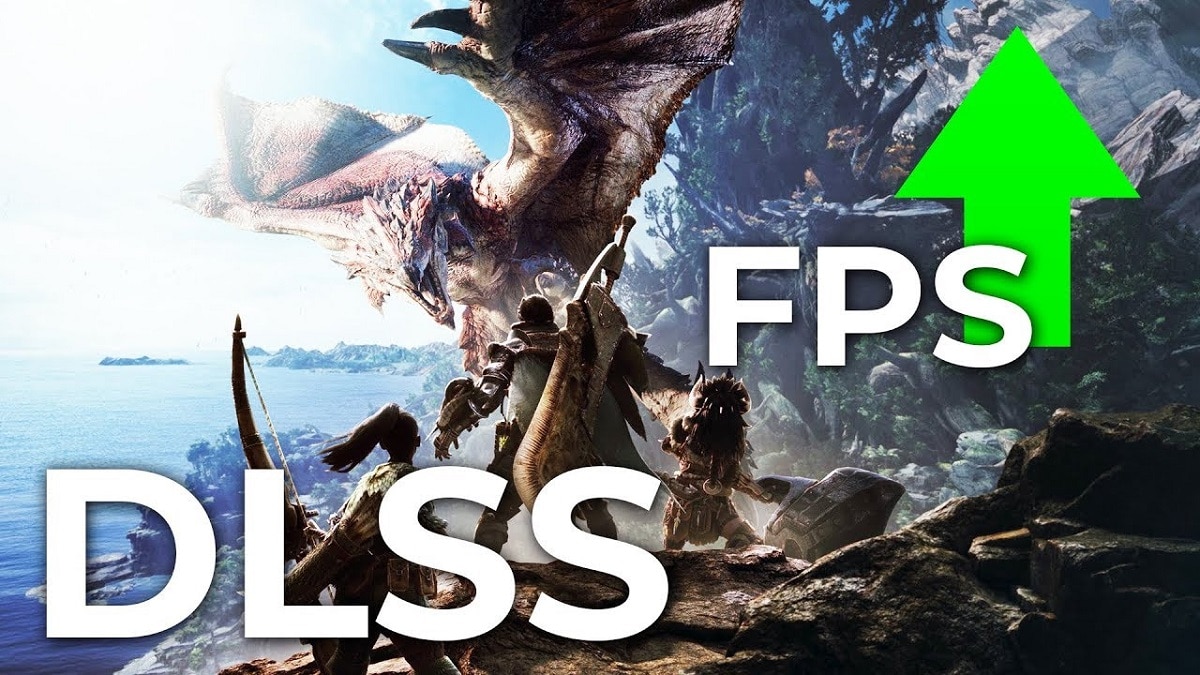
During Computex 2021, Nvidia announced a collaboration with Valve to provide DLSS support (Deep Learning Super Sampling) present in their RTX cards.
DLSS, or Deep Learning Super Sampling, is a technology that allows you to get more performance without having to give up too much image quality. To do this, the game runs at a resolution lower than the native resolution and then the image is converted to native resolution using algorithms.
The announcement of support for Valve to support its DLSS technology is good news, as DLSS can dramatically improve frame rates without noticeably affecting graphics quality.
“DLSS uses advanced AI rendering to produce image quality comparable to native resolution and sometimes even better, while only rendering conventional rendering of a fraction of the pixels. Advanced time feedback techniques deliver sharp image details and improved frame-to-frame stability, ”says NVIDIA.
The impact of DLSS can be surprising in games that support this technology. In some cases, it more than doubles frame rates without DLSS, typically with little to no visual impact. The interest of this technology lies in deep learning.
A trained neural network is better at identifying the parts of an image that are more relevant to human perception than old classical logic algorithms and works even better when it comes to redrawing a raster subsample into something the human eye expects to see.
Unfortunately, Nvidia DLSS is proprietary and requires special hardware on newer Nvidia cards (RTX 2000 series and above), in addition to the fact that Nvidia has not enabled this feature in their native Linux drivers, which are proprietary as well.
According to some analysts, this technology will be interesting, as Valve is reportedly considering making a handheld gaming device.
We argued that DLSS could allow the next-gen Switch to run well above its weight class, and the same would happen with a laptop without a ton of graphics power, which would likely run Linux.
On Windows, DLSS is one of the many Nvidia features that make the move to the Radeon graphics card difficult to consider, even when the price is right and the card is powerful. In Linux, the roles are reversed and it is much more difficult to choose Nvidia.
AMD opened its Radeon drivers for Linux in 2015, taking advantage of a free and open source AMDGPU kernel module with which it has dramatically improved the quality of the drivers, making Radeon graphics the best high-performance GPU option in the world. Linux.
For some, even if DLSS were compatible with all games, "instead of just 50 or 60, it would be difficult to give up all that for an increase in frame rate."
AMD DLSS technology is also on the roador. At Computex 2021, AMD announced its own version of AI-enhanced sampling, which it calls FidelityFX Super Resolution (FSR). To this day, the operation of FSR is unknown. Interestingly, FSR can also run on Nvidia GPUs, even those that don't support Nvidia's DLSS.
Regrettably, FSR is still just a promise at this timeas it won't be released until June 22nd and it's unclear if it will be immediately available for Linux on launch day.
“We also don't have as many before and after image quality samples as we would like. If FSR can't compete with DLSS in terms of quality, it won't matter much if FSR meets or even exceeds its raw refresh rate, ”says AMD.
Although Nvidia has mentioned that Vulkan support will arrive this month and DirectX support will arrive in the fall, the company did not mention a timeline for DLSS to come to Proton. But it's good to see that it continues to push for Linux gaming to live up to the Windows experience.